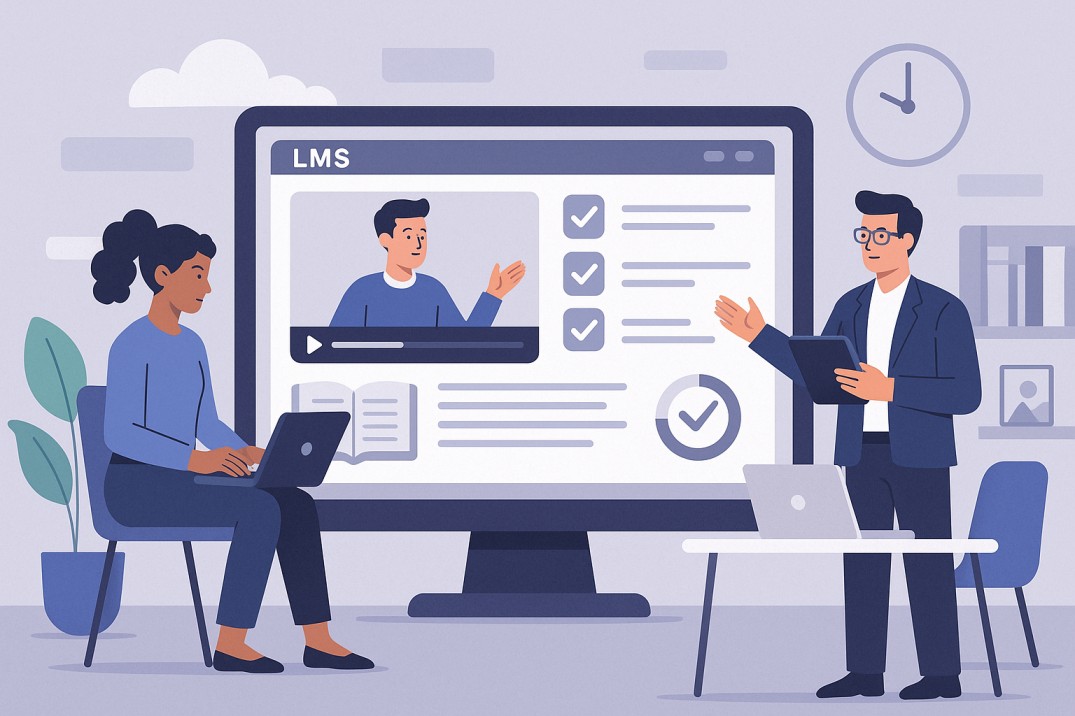Human Resources professionals usually have enough to worry about when it comes to employees abusing the Internet and social media when they should be performing important tasks. We’ve all gotten so attached to our smart phones and other devices that we can barely get through the day without Tweeting, Facebooking, or uploading a new selfie or what we had for lunch onto our Instagram accounts. It turns out these could be the least offensive activities. Social media has become a pervasive way to sexually harass in the workplace despite all the “NSFW” (Not Suitable For Work) warnings we now find on tons of content.
Employees Are Becoming Sneakier
The more HR people we talk to, the more we hear about employees finding new ways to disseminate inappropriate photos and content to their co-workers. Now that practically everyone carries a smart phone and/or a tablet with them wherever they go, it’s gotten harder for employers to track Internet usage on company computers. And employers can’t confiscate personal electronic devices; after all, we’re expected to act like adults in the workplace, not high school kids texting (or sexting) under the desk during class. Unfortunately that’s not the case; adults can be quite immature when it comes to sharing photos of Kim Kardashian’s naked butt, or the latest meme that showcases colloquialisms we’ve never heard of. Let’s not even discuss the ease with which we seem to be able to access porn these days…
What to Do?
Many employees don’t think that sharing content on social media during business hours can be a form of harassment. What some view as an “innocent joke” could be sexually explicit or offensive to others, which can open up cans of worms employers would rather leave tightly sealed. Recent multimillion-dollar lawsuits were settled in favor of employees who claimed they were sexually harassed by superiors and co-workers, and another disabled employee won a court case against an employer who failed to act on complaints of harassment from co-workers. Sexual and other types of harassment using social media can not only wreck workplace morale, it could potentially cost a lot of money if the harassed individual takes action against the perpetrators.
HR employees are being advised to deal with this problem head-on instead of hoping it’s just a phase everyone will eventually tire of. The best way to deal with employees who are having a little too much fun at the expense of their colleagues is to create a corporate social media policy that addresses the problem, and ensure that employees are aware that there really is no such thing as online privacy. What you share on social media can come back to bite you in the posterior, and could potentially cost you your job.
Coggno Can Help
To date, some of our most popular online training courses are those that can teach HR professionals how to form effective policy for dealing with sexual harassment in workplace and the use of social media in the workplace. Moreover, we have courses that any company, large or small, can offer its employees that will help them to recognize and deal with individuals who insist on playing the jokester at work. It’s not all fun and games when the jokes are offensive and the person sharing them is too thick to understand why.
Recommended Courses:
- Social Media and Sexual Harassment Course
- Stop Sexual Harassment for Supervisors – National Course
- Stop Sexual Harassment – Training for Employees Course
- Sexual Harassment — What Supervisors Need to Know Course
- Sexual Harassment — What Employees Need to Know Course
- Sexual Harassment Course
- Preventing Sexual Harassment: A Guide for Supervisors Course
- Preventing Sexual Harassment: A Guide for Employees Course
- Workplace Harassment – What Supervisors Need to Know Course
- Business Ethics & Code of Conduct
- Human Resources Bundle


















